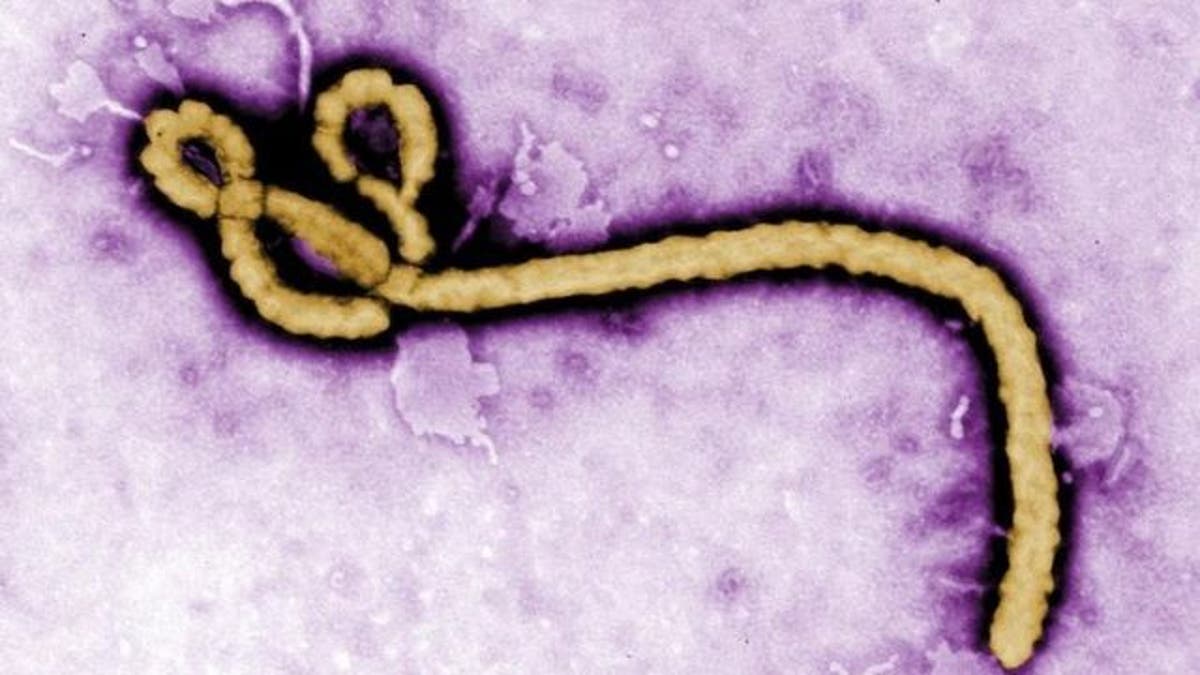
The tepid initial response to West Africa’s Ebola outbreak exposed holes in the global health system so gaping it has prompted the World Health Organization to consider steps to prevent a repeat, including emergency-response teams and a fund for public-health crises.
In a special session next month in Geneva, the WHO’s executive board is expected to consider those and other recommendations by its member countries—including a proposal that it commission an outside review of its Ebola response—according to a document reviewed by The Wall Street Journal.
The plan comes as global health officials are struggling with a knotty question: how the WHO could have moved at a slow pace initially despite lessons learned more than a decade ago from another deadly outbreak, of SARS.
That virus killed hundreds after surfacing in China in 2002. But the WHO acted more quickly and decisively back then, international public-health specialists generally agree. And the global health system put measures in place afterward that were supposed to help it respond even more quickly to such outbreaks.
Many aspects of Ebola’s spread trace to crippling local lapses, such as strikes by body collectors who left diseased corpses on the streets. And known diseases like Ebola tend to cause less alarm than diseases like SARS that are new and airborne. Ebola, which spreads through bodily fluids, has been causing human outbreaks since 1976.
